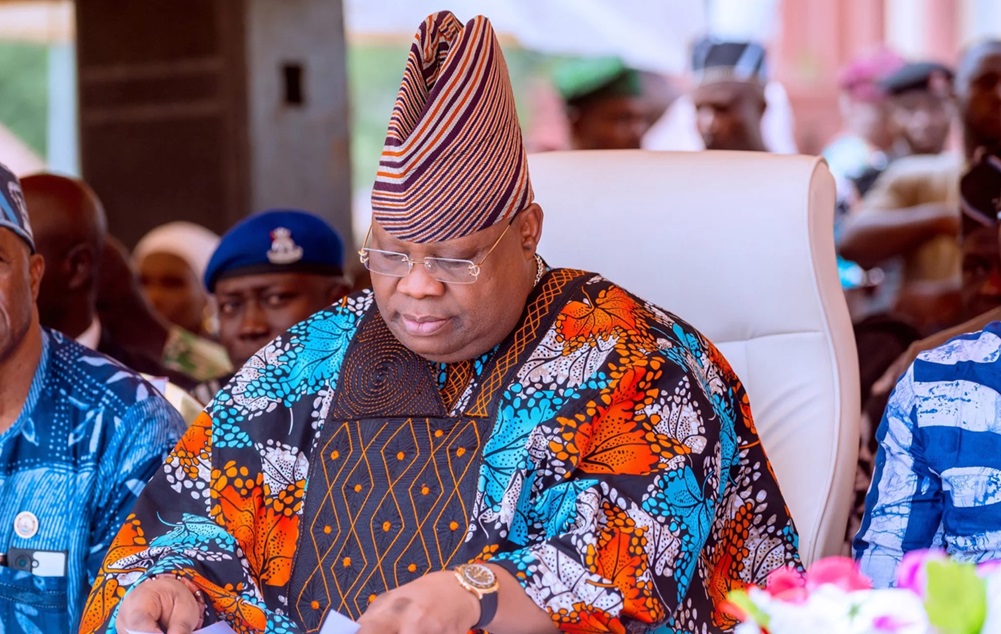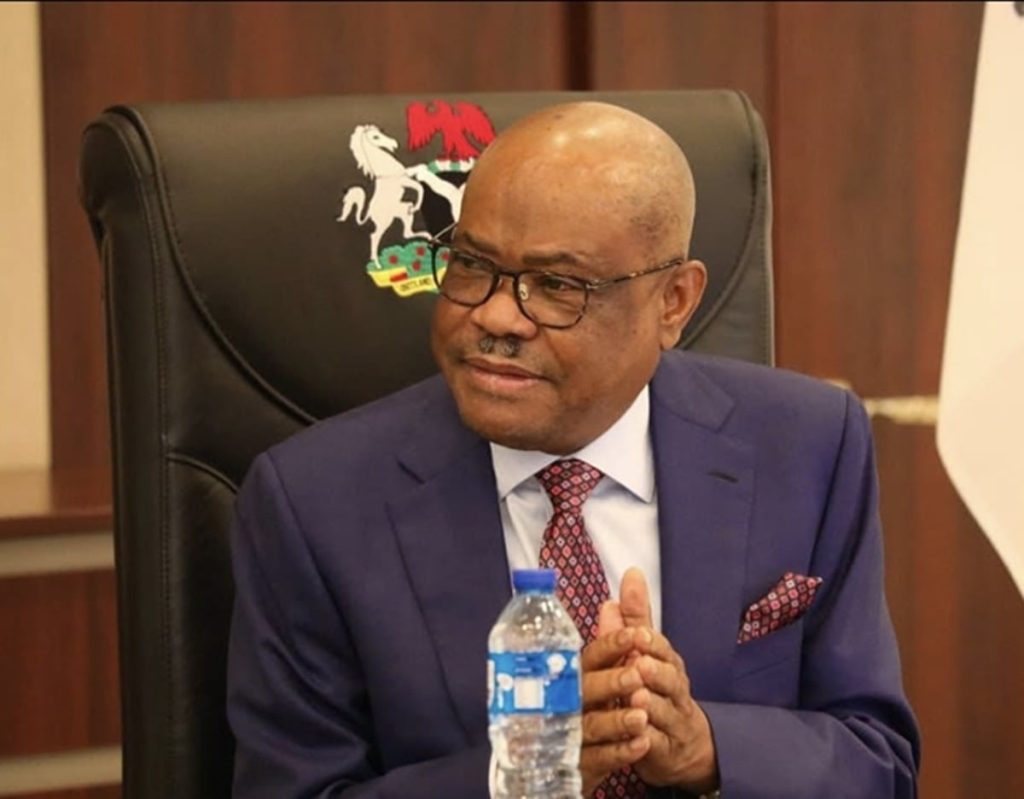In a significant boost for women-led businesses in Nigeria, the World Trade Organisation (WTO) and the International Trade Centre (ITC) have unveiled the first phase of a $50 million initiative to empower female entrepreneurs in the digital economy. Dubbed the Women Exporters in Digital Economy (WEIDE) fund, the program will initially support 146 Nigerian women through financial grants and technical training aimed at expanding their access to global markets.
Selected participants fall into two categories: 16 entrepreneurs in the “booster track” will receive $30,000 each alongside 18 months of tailored mentorship, while 130 others will be granted $5,000 with 12 months of business development assistance. The initiative seeks to address systemic barriers such as limited financing, fragmented networks, and inadequate digital infrastructure, which often hinder women-owned micro, small, and medium enterprises (MSMEs) from scaling competitively.
At the program’s launch in Abuja, Nigeria’s First Lady, Senator Oluremi Tinubu—represented by Vice President’s wife Hajiya Nana Shettima—praised the collaboration between the WTO and ITC, calling it a critical alignment with President Bola Tinubu’s Renewed Hope Agenda. This policy framework prioritizes economic diversification and gender-inclusive growth, particularly through strengthening digital trade capabilities. “By equipping women with tools to thrive in the digital economy, we are fostering innovation and creating pathways for sustainable development,” she noted.
The WEIDE fund underscores a growing global focus on bridging gender gaps in technology and trade. Women entrepreneurs in Nigeria, though a driving force in sectors like e-commerce and fintech, frequently face disparities in resource allocation. The program’s hybrid model of financial aid and skill-building aims to enhance competitiveness, enabling beneficiaries to integrate into international supply chains and leverage digital platforms for cross-border commerce.
Officials emphasize that the initiative’s success could pave the way for similar efforts across Africa, where female-led MSMEs contribute significantly to GDP yet remain underrepresented in export markets. With the first phase now underway, stakeholders will monitor outcomes closely, particularly how enhanced access to capital and mentorship influences long-term business resilience and job creation in Nigeria’s evolving digital landscape.



